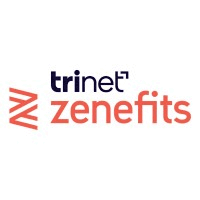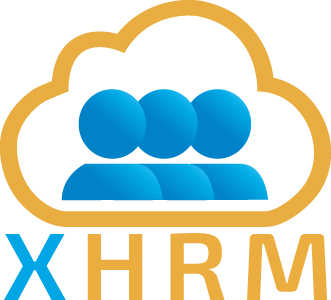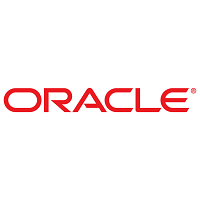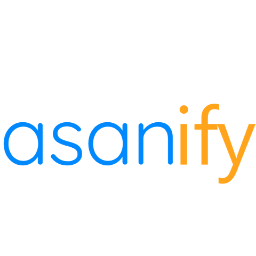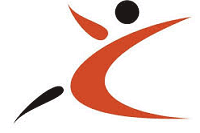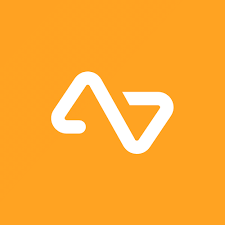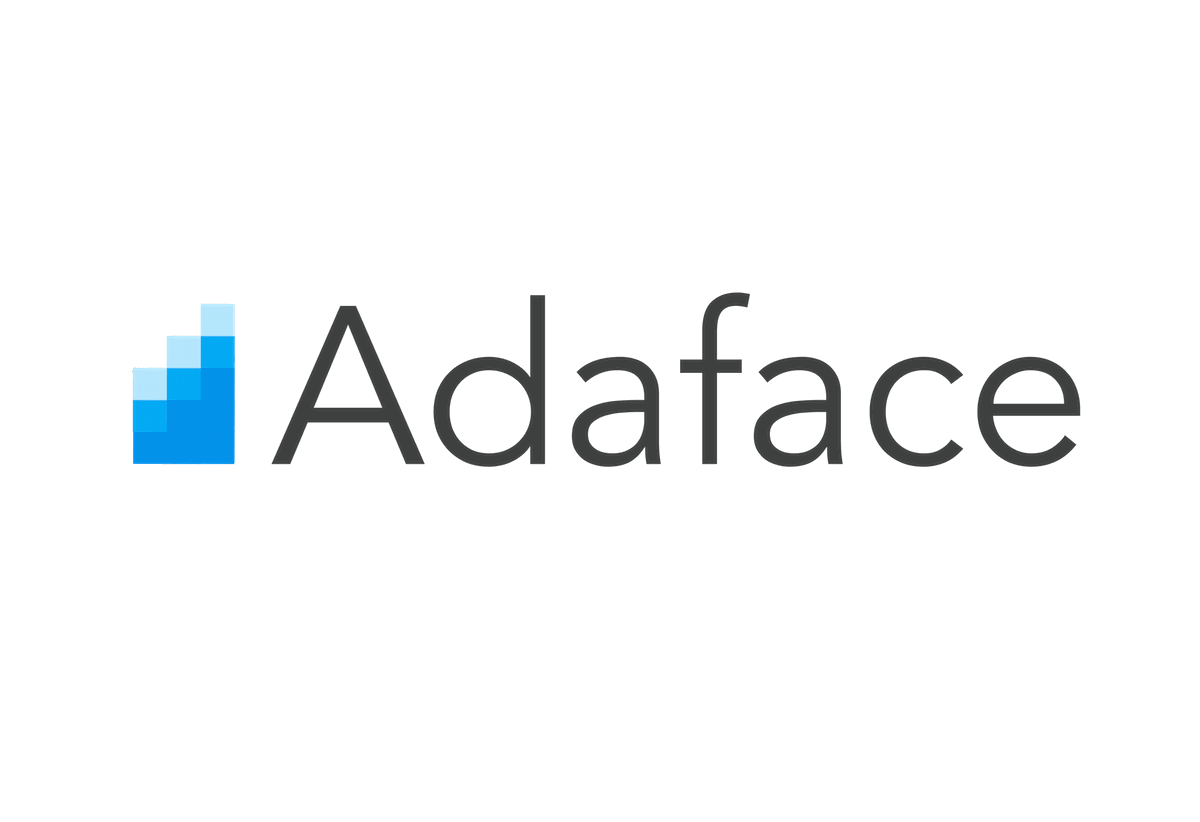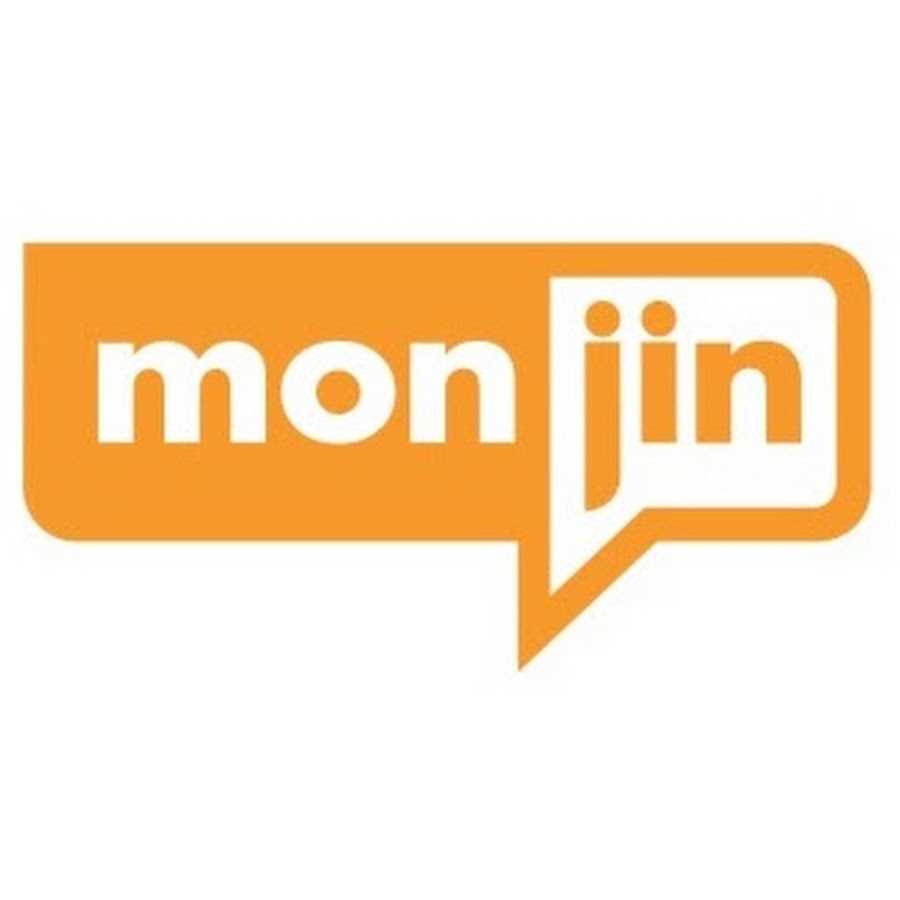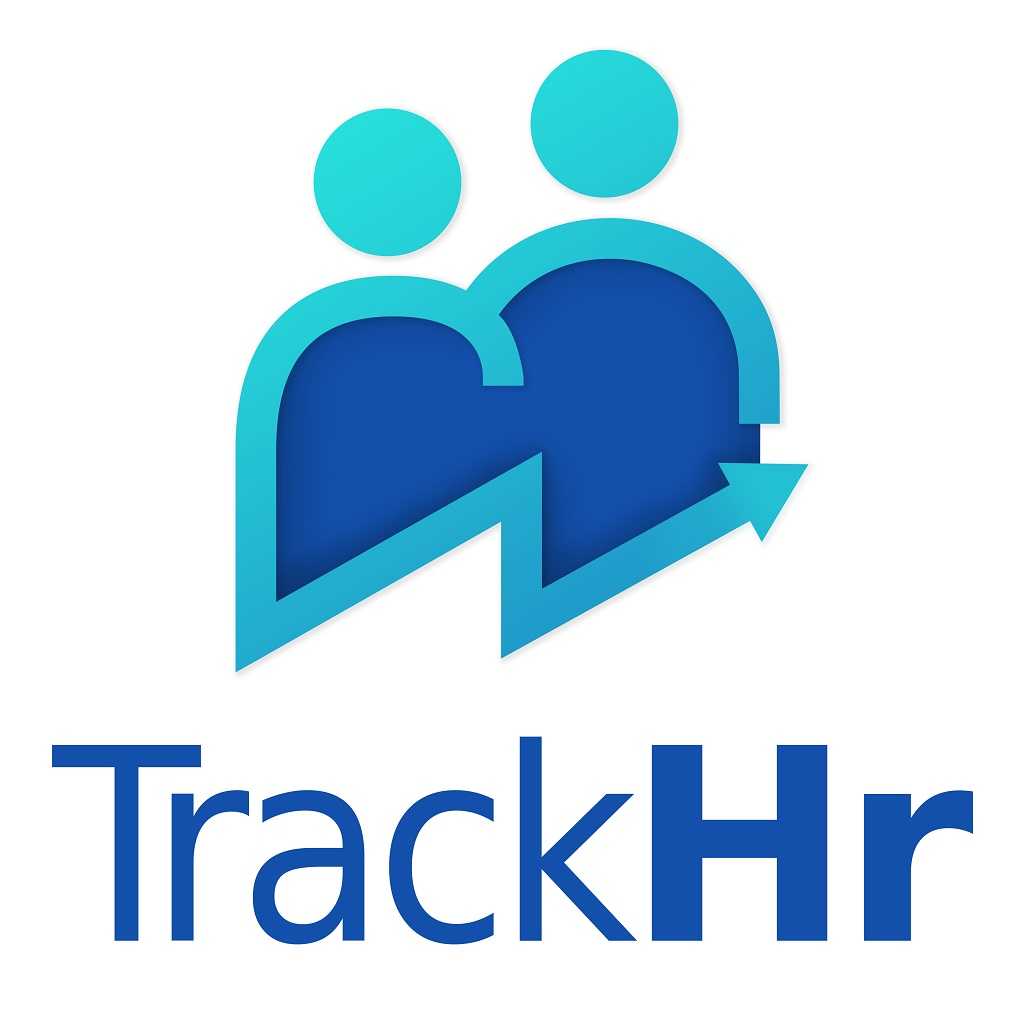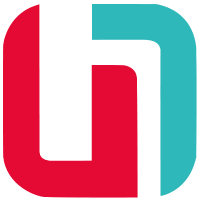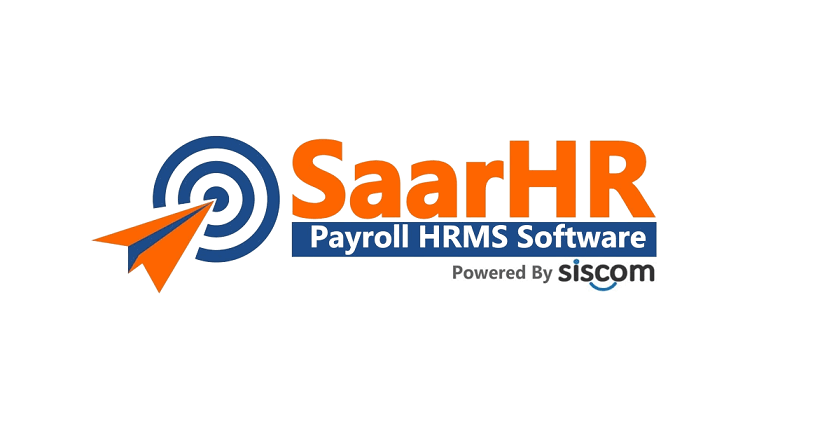What Is Enterprise HR Software?
Human resources management software (HRMS), sometimes referred to as enterprise HR software, is an all-inclusive, integrated system created especially to automate and streamline HR procedures in big businesses. Numerous HR responsibilities, including as payroll processing, benefits administration, performance management, talent acquisition, and employee data management, can be handled by this advanced software.
The capacity to centralize all HR-related data and information, making it conveniently accessible and manageable from a single platform, is one of the main characteristics of corporate HR software. This guarantees data accuracy and regulatory compliance in addition to increasing productivity and efficiency. Additionally, enterprise HR software provides automatic notifications and customizable processes that assist HR professionals in effectively managing their daily responsibilities and meeting critical deadlines.
Additionally, it offers strong analytics and reporting features that let companies make data-driven decisions and learn a lot about their employees. Employees can also access and update their personal information, request time off, examine pay stubs, and access benefits information through self-service portals provided by many business HR software solutions.
This lessens the administrative load on HR departments while also increasing employee happiness. To safeguard sensitive employee data, it's critical to select an enterprise HR software solution with robust data encryption and secure data storage. It should also be expandable to meet future organizational development, offer capabilities that can be customized, and have an easy-to-use interface.
What Are The Recent Trends In Enterprise HR Software?
Human Resources Management Systems (HRMS), commonly referred to as enterprise HR software, are becoming a crucial tool for contemporary businesses looking to efficiently manage their staff. These software programs boost productivity, efficiency, and employee happiness by streamlining HR procedures and enabling data-driven decision-making. The HR software market is always changing to meet the expanding demands of the workplace and technological breakthroughs. To make the best choice for your company, it is essential for buyers to keep up with the most recent developments in enterprise HR software.
1) Transition to Cloud-Based Solutions: As the demand for remote work and data accessibility grows, more and more businesses are implementing cloud-based human resources solutions. These cloud-based solutions have several advantages, such as affordability, scalability, and convenient data access from any location or device.
2) Integration With AI and Automation: Organizations are increasingly using AI-powered HR software to automate HR procedures like hiring, onboarding, and performance reviews. Large volumes of data can also be analyzed by these systems to offer insights and enhance decision-making.
3) Mobile-Friendly Applications: HR software with mobile-friendly applications has gained popularity as remote work and the use of mobile devices have increased. It makes the HR process more convenient and effective by enabling workers to access critical HR data and complete tasks on their own devices.
4) Emphasis on Employee Engagement: As businesses place more emphasis on the happiness and well-being of their workforce, HR software is also developing to incorporate elements that enhance employee engagement, like communication tools, recognition initiatives, and employee feedback surveys.
5) Emphasis On Data Security: Data security has emerged as a major concern for businesses due to the growing volume of private employee information kept in HR software. To safeguard the data of your business and employees, it is imperative that you, as a buyer, select software with strong security features like data encryption and user authentication.
6) Personalization And Customization: To meet the various needs of various businesses, HR software is currently providing more capabilities that may be customized and personalized. This covers custom report creation, workflow automation, and user interface customization.
Benefits Of Using Enterprise HR Software
Enterprise HR software, sometimes referred to as human capital management (HCM) software or human resource management systems (HRMS), is a complete solution made to handle every facet of a business's human resources division. Due to its many advantages that may optimize and streamline HR procedures, this kind of software has grown in popularity among businesses of all kinds. We will go over the main advantages of adopting business HR software in this buyer's guide to help you choose the best option for your company.
1. Streamlined Recruitment And Onboarding Process: Simplifying the recruitment and onboarding process is one of the main goals of HR software. When employing new staff, HR teams can save time and effort by using enterprise HR software's features like application tracking, resume processing, and automated onboarding workflows. This frees up the HR division to concentrate on other important duties, like staff retention and development.
2. Effective Performance Management: To make sure that workers are fulfilling their duties and objectives, performance management is essential. Performance reviews that are conducted on paper can be laborious and error-prone. Managers can set targets, give feedback, and conduct routine reviews with the help of the performance management tools that are customized by enterprise HR software. Employee performance is enhanced, and it also aids in identifying high performers for possibilities for career advancement.
3. Centralized Employee Database: Managing employee data can be a difficult undertaking in larger firms. All employee data, including personal information, work history, performance reviews, and more, can be stored and arranged in a centralized database provided by enterprise HR software. This makes it simpler to access and update personnel data as needed and does away with the necessity for manual record-keeping.
4. Increased Employee Engagement: The performance and productivity of an organization are greatly impacted by employee engagement. To promote an environment of openness and efficient communication, enterprise HR software provides a range of tools, including communication platforms, employee self-service portals, and recognition initiatives. This encourages worker involvement and contributes to the development of a productive workplace.
5. Accurate Payroll And Benefits Administration: It might take a lot of time and effort to calculate and manage employee payroll and benefits. These procedures are automated by enterprise HR software, guaranteeing precision and effectiveness. Additionally, it provides time-off request and leave management capabilities, which facilitate the tracking and approval of employee time off by HR teams.
6. Compliance Management: Compliance management is essential for businesses that operate in sectors with stringent requirements. To assist firms stay abreast of evolving rules and regulations, enterprise HR software provides compliance tracking and reporting capabilities. This lowers the possibility of non-compliance and its possible legal repercussions.
Important Factors To Consider While Purchasing Enterprise HR Software?
There are a number of crucial aspects to consider when thinking about investing in enterprise HR software. It is important to thoroughly consider your options before choosing this kind of software, which is intended to optimize and enhance a variety of human resources tasks within a huge firm. Some important factors to consider when assessing and choosing enterprise HR software are listed below.
1. Scalability: Adapting to your organization's expanding and evolving needs is a key justification for investing in enterprise HR software. As a result, selecting software that is scalable and flexible enough to meet the demands of your company in the future is crucial. By doing this, you can avoid future disruptions to your HR procedures and the need for extra investments.
2. Integration: Your current HR procedures and systems should be easily integrated with enterprise HR software. You may minimize human labor, prevent data duplication, and guarantee data consistency throughout your company by selecting a software program that provides seamless connection.
3. Extensive Features: To accommodate the demands of diverse enterprises, several enterprise HR software suppliers provide a broad variety of functionality. Thus, it is essential to thoroughly evaluate the unique requirements of your company and search for software that has extensive functionality to meet those needs. Performance management, payroll processing, employee self-service, and compliance tracking are a few crucial aspects to search for.
4. Flexibility And Customization: Since every company has different HR procedures and guidelines, it's critical to select software that can be readily tailored to meet your particular requirements. As your company expands and changes, the software should provide scalable customization options and configuration flexibility.
5. User-Friendliness: Employees at all levels can easily learn and utilize the best enterprise HR software since it is simple to use and intuitive. Selecting a user-friendly software solution that requires less training is essential because a complex one might result in irritation, mistakes, and low adoption rates.
6. Data Security: Since this software is used to store and manage sensitive employee and personal data, data security is crucial. Seek out software vendors who provide strong security features like multi-factor authentication, data encryption, and frequent security assessments.
7. Assistance And Training: Selecting a software vendor that provides first-rate customer assistance and training opportunities is crucial. A thorough onboarding procedure and continuing assistance may guarantee that the software is implemented and used within your company without hiccups.
What Are The Key Features To Look For In Enterprise HR Software?
The correct software can make all the difference in a major organization's human resource management. Payroll, benefits administration, performance management, and other HR procedures may all be streamlined and automated with the help of enterprise HR software. However, selecting the best solution might be difficult due to the abundance of options available on the market. The following are the main characteristics of business HR software that will help you make an informed choice:
1. Core HR Management: To manage personnel data, including personal information, job details, attendance, and more, the software should have a strong and intuitive user interface. Customization and system integration ought to be possible as well.
2. Payroll Processing: The software should be able to manage the complete payroll process, including tax computations, direct deposits, and the creation of pay stubs, as well as handle intricate payroll computations.
3. Benefits Administration: Seek out software that can simply manage and update employee benefits, including health insurance, retirement programs, and vacation time.
4. Time And Attendance Tracking: Whether using a digital system or a physical time clock, the software should offer a dependable means of monitoring employees' time and attendance. Additionally, it must to contain tools for managing leaves, scheduling, and tracking overtime.
5. Performance Management: Managing employee performance and development is a crucial function of HR software. Check for things like training and development plans, performance evaluations, and goal-setting.
6. Compliance And Reporting: In addition to providing reporting features to produce crucial HR metrics and insights, the software should be in compliance with all applicable labor laws and regulations.
7. Scalability And Integration: Take into account software that can grow with your company and integrates nicely with your current software.
8. Mobile Accessibility: Having mobile-friendly HR software is essential for remote and on-the-go employees to access their information and complete duties in today's hectic work environment.
9. Support And Training: To guarantee a seamless software implementation and effective use, look for a vendor that provides first-rate customer support and training. You may choose the best business HR software that fits the unique requirements of your company and boosts the effectiveness of HR procedures by taking into account these important characteristics. To make an informed choice, don't forget to check costs, request demos, and read reviews.
Why Do Businesses Need Enterprise HR Software?
With hundreds or thousands of people, large companies frequently have intricate organizational systems. They must manage their daily operations as well as a number of human resource management responsibilities, including payroll, performance reviews, onboarding, and recruiting. Without the proper equipment, these chores can easily become too much to do and time-consuming. Enterprise HR software can help with this. A complete solution created especially for big enterprises, enterprise HR software automates and streamlines their HR administration procedures.
Businesses may save time, boost productivity, and guarantee regulatory compliance with the aid of this robust software's many features and functionalities. Enhancing hiring and onboarding procedures is one of the primary reasons companies require enterprise HR software. Businesses can use this software to handle the hiring process online, track applicant data, and create customisable job postings.
HR teams can effortlessly handle several job opportunities and the flood of applicants without becoming overburdened with automated workflows and reminders. Furthermore, Enterprise HR Software provides performance management solutions that let companies define and monitor objectives, carry out performance reviews, and give their staff members ongoing feedback.
This aids in locating high performers, resolving performance concerns, and developing an engaged and driven staff. Payroll administration features are yet another crucial feature of enterprise HR software. Businesses can save a lot of time and lower the possibility of errors by using this software to precisely calculate employee pay, bonuses, taxes, and other deductions.
Enterprise HR software also assists companies in adhering to labor rules and regulations. All employee data is safely stored by the system, and only authorized personnel may access sensitive data. This guarantees that the company is abiding by all applicable laws and rules, preventing expensive legal consequences.
How Much Time Is Required To Implement Enterprise HR Software?
Depending on your company's unique demands and requirements, the timeframe for implementing enterprise HR software can change. Implementing and integrating the software into your HR procedures might often take a few weeks to several months. The software's initial setup and configuring usually takes the longest.
This include establishing the structure of your company, personnel data, and any unique characteristics or procedures. Enough time must be allotted during this stage to guarantee that the program is set up to satisfy your particular requirements. Another essential component of implementation is data migration. The complexity and volume of data to be migrated will determine how long it takes to move all of the data from an old HR system to the new software.
To prevent any possible problems or errors, it is imperative that you carefully examine and clean up your data before to the migration. The installation schedule may also be impacted by user adoption and training. Employees and your HR staff will need to receive training on how to make the most of the program. This can take anywhere from a few weeks to several months, depending on how complicated the program is.
Before the software is completely released, it is crucial to make sure that every user is at ease and confident using it. Finally, the implementation timeline may also be impacted by the size of your company and the number of employees. Implementation may take longer in larger companies with intricate HR procedures and a sizable workforce.
What Is The Level Of Customization Available In Enterprise HR Software?
One of the most effective strategies for selecting the best business HR software for your company is customization. The degree of customisation that is possible can have a significant impact on how well the software meets your unique HR requirements.
First and foremost, it's critical to realize that customization means that you can modify the program to suit your own HR routines and processes. From straightforward changes like renaming fields and screens to use the language used by your business to more intricate customizations like adding new features or integrations, this can take many forms.
Basic, advanced, and full customization are the three primary levels of customization that are offered in enterprise HR software. Basic Customization: The majority of enterprise HR software will provide basic customization choices, such tailoring user access and permissions and branding the interface with your company's colors and logo. These minor adjustments help the software feel more in line with the structure and brand of your business.
Advanced customisation: Advanced customisation options are essential for businesses with more specialized HR procedures and roles. More substantial modifications, including adding new fields and reports, developing bespoke forms and processes, and tailoring the program to your own HR metrics and KPIs, are possible with enterprise HR software that offers sophisticated customization features.
The program can be tailored to meet the unique requirements of your company thanks to this degree of flexibility. Complete Customization: Complete customization can be required for businesses with intricate and distinctive HR procedures. The source code of the software can be altered to create additional features and functionalities tailored to the requirements of your company with complete customization.
Larger firms with extensive customisation needs are usually advised to implement this level of modification, which calls for a talented development team. It's crucial to evaluate your present HR procedures and look for any gaps or inefficiencies that could be improved by customisation when figuring out how much modification your company needs.
In order to comprehend the software provider's customization possibilities and capabilities, communication with them is also crucial. You will have the freedom to adapt as your company's demands change if the software vendor you choose gives a variety of customization options.
Which Industries Can Benefit The Most From Enterprise HR Software?
An organization's human resource operations can be improved and streamlined with the help of enterprise HR software. Businesses in a range of industries can benefit greatly from this advanced software, which is made to specifically address the demands of larger organizations. However, which sectors stand to gain the most from this kind of software?
1. Expert Services: Because they employ a large number of highly qualified and specialized workers, professional services organizations such as law firms, accounting firms, and consulting firms have extensive human resources requirements. These businesses can concentrate on providing outstanding client services by using enterprise HR software to handle employee onboarding, training, performance reviews, and other critical HR procedures in an efficient and effective manner.
2. Medical Care: HR departments may find it difficult to manage staff information, credentials, and scheduling in light of the growing demand for healthcare services. Healthcare facilities may easily manage their personnel with the use of enterprise HR software, which can streamline compliance with relevant healthcare standards and assist with employee scheduling and time monitoring.
3. Production Managing: A diversified workforce, monitoring employee efficiency, and managing intricate payroll regulations are just a few of the particular HR difficulties faced by the manufacturing sector. In addition to offering insights into worker productivity, training requirements, and possible areas for improvement, enterprise HR software can assist in streamlining these procedures.
4. Retail: Retail companies sometimes have a high staff turnover rate and many employees spread across several sites. These businesses may ensure a seamless and effective HR management system across all retail locations by using enterprise HR software to automate the employee onboarding process, maintain employee records, and track time and attendance.
5. Technology: As the technology sector is expanding, HR departments in these businesses need to stay up to date with the quickly evolving rules and trends surrounding hiring. Hiring top talent, managing a workforce that is becoming more remote and global, and delivering real-time data and insights to propel the business forward are all made easier with the help of enterprise HR software.

